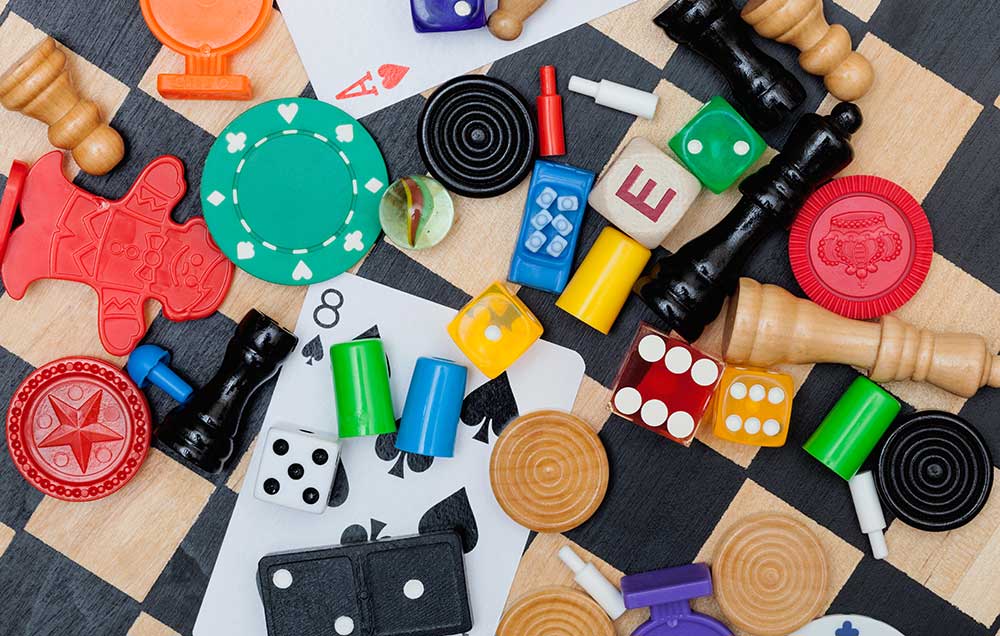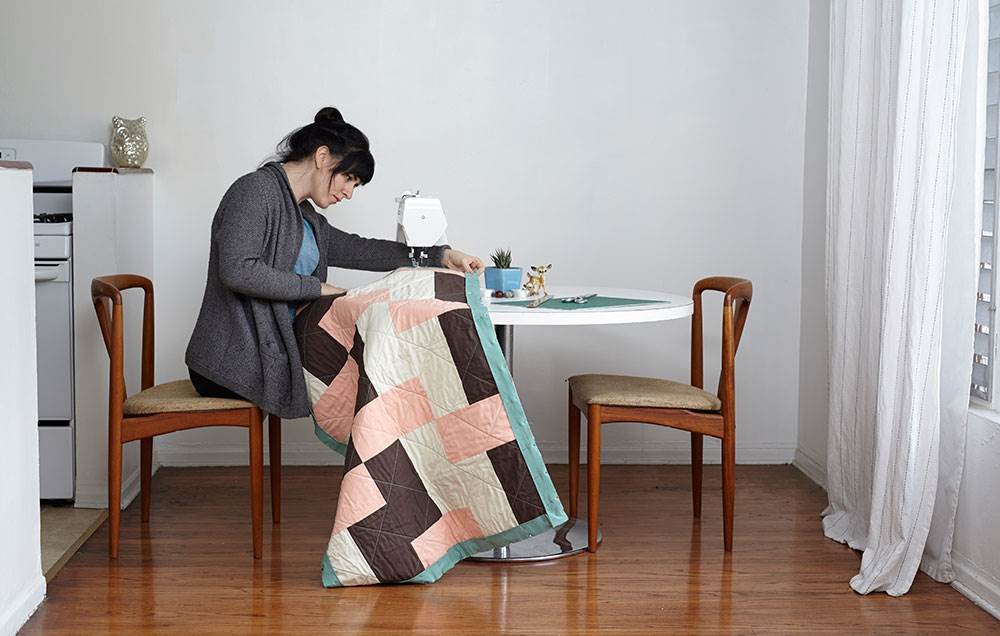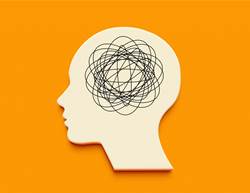Big on “brain” foods? They're not the only things that will keep your mind in tip-top shape. Experts swear that one of the best ways to sharpen your brain is to be constantly taking on new learning projects.
“Whether it’s picking up a different language, taking up a sport, or simply exploring a new route to work every day, these sorts of activities are great because they stimulate your brain, causing neurons to get stronger and even generating new blood vessels in the brain,” explains brain health expert Dr Majid Fotuhi. Here are seven easy, do-able ways that you can start today.







Photograph by Diane Macdonald/Getty Images
Play a new card or board game with friends.
Chess, checkers, bridge…all these games appear to help prevent loss of brain volume. This is probably because these types of activities work a variety of areas in your brain, including those that are key for memory, visualisation and sequencing, explains Fotuhi.
Photograph by Hero Images/Getty Images
Take a class.
Any sort of class - whether it’s Victorian literature or a seminar on the European history - can encourage brain cell growth as you learn and acquire new information, says psychiatrist Dr Gary Small, especially if you don’t have the pressure of actually working for a high mark.
Not sure what to take? Language is always a smart choice: Speaking at least two languages, even if you learned one as an adult, slows age-related cognitive decline. If you’re feeling shy or overwhelmed, consider an online class, which you can do in the privacy of your home.
Photograph by Rachael Porter/Getty Images
Take up quilting.
Engaging in creative hobbies such as painting, woodworking, sculpting or sewing reduces the risk of developing mild cognitive impairment by anywhere from 45 to 73%. If you don’t have the time or desire to take a class, just try to set aside a few hours each week to do something crafty, suggests Small.
Photograph by LuckyBusiness/Getty Images
Sign up for Zumba.
Research consistently shows that busting a move boosts brain power, says Fotuhi. When folks in their 60s and 70s were assigned to learn country dance steps for an hour three times a week, they showed an increase in their brain’s white matter in their fornix - a part of the brain involved with processing speed and memory. (Those in the control group actually had a decrease in this area.)
If country music isn't your thing, feel free to opt for tango, waltz or hip hop. “Any type that involves a sequence of steps that you have to memorise and includes socialisation with other people is great,” stresses Fotuhi.
Photograph by Chris Tobin/Getty Images
Start a journal.
“Writing is one of the best brain-stimulating activities because it forces you to assimilate information: You have to plan what you will say, order it, write it down and edit it,” explains Fotuhi. “All of these tasks require attention, concentration and sequencing, all of which strengthen your brain, particularly your memory.”
One study found that people who completed three 20-minute scribe sessions over a two-week period showed significant improvements in their working memory. Try waking up 15 minutes earlier in the morning so you can scribble your thoughts and feelings while your mind is still fresh.
Photograph by yulkapopkova/Getty Images
Whip up something new for dinner.
Cooking is one of the easiest brain-boosting activities around, says Fotuhi, because it requires a variety of brain functions: organisation (pulling together ingredients); problem solving (finding a substitute for that missing clove of garlic); hand-eye coordination (chopping things up into teeny tiny pieces); and multi-tasking and concentration (rushing from the stove to the oven to the fridge to pull all the components of a meal together).
In addition, cooking uses four of your five senses - smell, touch, sight, and taste - which all utilise different parts of your brain.
Photograph by Hero Images/Getty Images
Volunteer at your favourite charity.
Plenty of studies have shown volunteers report better health and less depression, but new research shows it may help ward off dementia, too. When researchers surveyed over 1,000 retirees, they found that those who volunteered for at least one hour a week were almost two and a half times less likely to develop dementia than seniors who didn’t.
The benefits can be seen in younger folks, too: Everyone gets brain-boosting benefits from socialising with others, and “all the aspects of volunteering-going someplace new, meeting new people, doing new activities - help build brain neurons,” explains Fotuhi.










